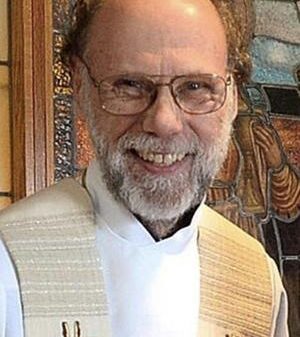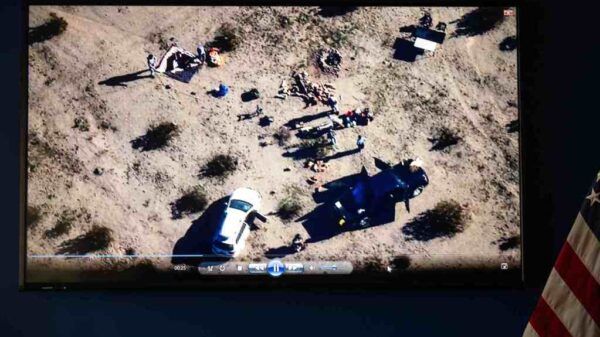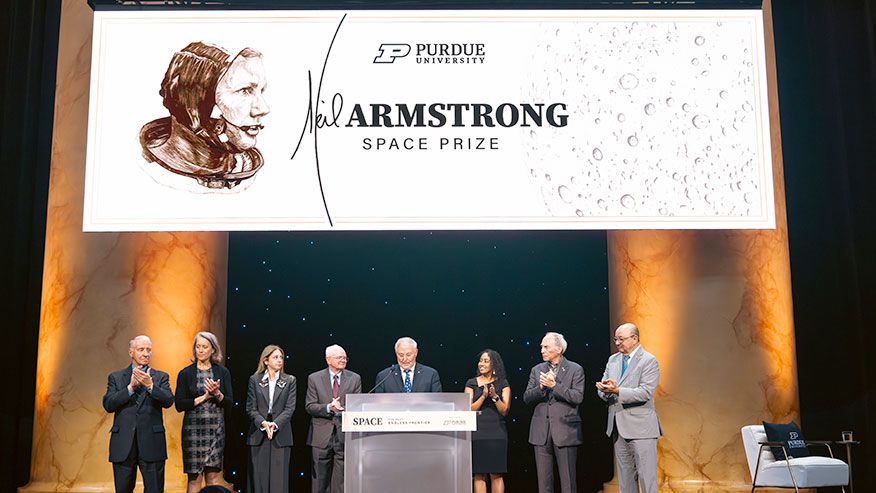Purdue University has established a prestigious international award named the Neil Armstrong Space Prize, aimed at recognizing significant contributions to space discovery. Announced on July 20, 2025, which marks the 56th anniversary of the historic Apollo 11 moon landing, the award seeks to parallel the influence of the Nobel Prize but focuses specifically on advancements in space exploration.
During an event held at the National Building Museum in Washington, D.C., Purdue University President Mung Chiang articulated the importance of this initiative. “This prize carries Armstrong’s name and Purdue’s space legacy,” he stated, emphasizing the award’s intent to honor those who push boundaries in space. Notably, Purdue is recognized as the alma mater of more astronauts than any other institution, with a total of 28 graduates having made significant contributions to space.
The ceremony featured the presence of eight living astronaut alumni from Purdue, including Jerry Ross, a seven-time space shuttle mission specialist, and fellow veterans Roy Bridges, Mark Polansky, and Charlie Walker. The group also included suborbital flight pioneers such as Sirisha Bandla, Marc Eagle, Beth Moses, and Audrey Powers. Their participation underscored the university’s longstanding commitment to space exploration.
Award Categories and Nomination Process
The inaugural Neil Armstrong Space Prize will be awarded in three distinct categories: technologies that enhance life on Earth, discoveries that expand our understanding of the universe, and achievements in space exploration that inspire future generations. Nominations for the prize will open on August 1, 2025, and will remain open until November 1, 2025, allowing individuals and teams to be recognized for their groundbreaking work.
The selection committee for the prize includes notable figures such as Jim Free, former NASA associate administrator; Kathy Lueders, manager at SpaceX Starbase; Rob Meyerson, former president of Blue Origin; and Thomas Zurbuchen, the former head of NASA’s science division. Dan Dumbacher, a professor of engineering practice at Purdue, will chair the committee.
Inspiring Future Generations
The establishment of this prize comes at a pivotal moment when space exploration is becoming more accessible than ever. Arvind Raman, the John A. Edwardson Dean of Purdue’s College of Engineering, highlighted the award’s purpose: “This award aims to inspire the next generation of space leaders while highlighting Purdue’s enduring role in space research, exploration, security, and partnerships with NASA, the U.S. Space Force, and the commercial space sector.”
With the Neil Armstrong Space Prize, Purdue University not only honors the legacy of its most famous alumnus but also positions itself at the forefront of a new era in space exploration, encouraging innovation and discovery among future generations. The prize aims to ignite a passion for space science, fostering a culture of excellence in the field.







































































